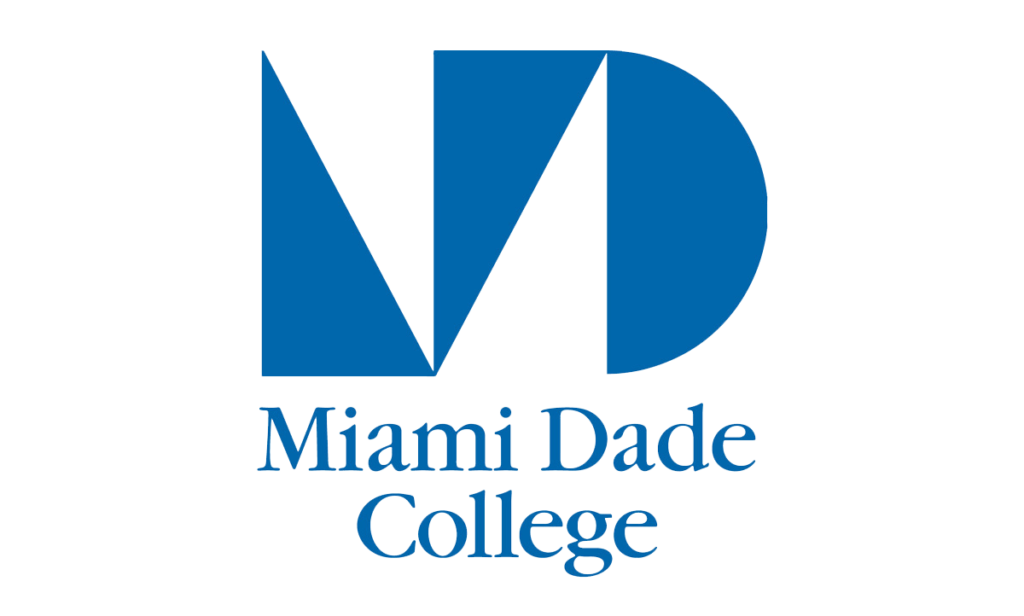Mission North Star Young Parent: An incentive for student parents
By: Diana Bello Aristizabal
Being a parent and at the same time getting a high-paid job is a goal that requires a lot of support to achieve it. Miami-Dade College created the Mission North Star program for its students with those parents who want to advance in life but have endless parenting responsibilities and, therefore, are vulnerable to being deprived of a college education in mind.
This is a project aimed at student parents who are between 18 and 29 years old and need assistance on different fronts. Its members receive academic support with exclusive scholarship opportunities, free tuition and exams for GED/ESOL programs, and tutoring and training in learning techniques, among other benefits.
 In addition, they have also supported in their professional development through a paid internship, MDC Works Career Studio services, and help with job placement, while they can attend parenting classes, join support groups, or be referred for child development services.
In addition, they have also supported in their professional development through a paid internship, MDC Works Career Studio services, and help with job placement, while they can attend parenting classes, join support groups, or be referred for child development services.
In this way, the program seeks to alleviate the burden of parents, who make up an important part of the education community in this country. According to a recent Child Trends report, 1 in 4 community college students are parents.
Assistance every step of the way
The Mission North Star Young Parent Program was created in 2019 and is part of Expanding Opportunities for Young Families (EOYF), an initiative that supports young parents and their children led by the Annie E. Casey Foundation.
According to Stephanie Silva, director of this program at Miami Dade College (MDC), this is the only one of its kind in Florida. There are others in Austin, Texas, and in Santa Fe, New Mexico.
However, MDC has been a pioneer in carrying out its operations from the education center and not from the foundation as was customary. “After realizing the possibility of success is greater when they know the processes and what is happening with the students from within, they took us as an example to follow and now the other programs also work within their universities,” says Silva.
In order to provide a service that would create an impact on the student body, the first step was to conduct research and make focus groups aimed at determining what the population of parents needs to juggle their lives between finding a good option for child care, commute to university and find a decent job.
“We realized that navigating between county child care programs, such as school readiness, VPK, or early headstart, can be overwhelming for many because each has its own requirements and specifications, and students sometimes don’t know how or where to start”, says Silva.
Other findings include that some parents need to pay off their debts to be able to enroll in an institution, half of parents stop working because they have no one to leave their children with, and many lack transportation to take their children to school.
“Our goal is to design for each member of this program the most convenient path so that they can work and pay their bills, take care of their children and finish their studies to later find a better paid job,” Silva states.
This mission is sometimes difficult to fulfill in a place like Miami, where the cost of living is fast increasing, forcing many to leave their studies behind or move to other locations. Therefore, part of the work from the program consists of encouraging students to attend at least one class.
And how does the service work? The first step is to fill out a form through which the situation of the student is known in detail. Some, for example, are homeless or victims of domestic abuse.
“I ask everything related to housing on that form, while also inquire on things like whether or not they receive food stamps and other questions. Afterwards, I analyze the options they have and meet with them.”
In that first meeting, Stephanie’s job is to present them with a plan and ask them what are the first three goals they want to focus on . The student is then referred to different partner organizations as needed and follow-up calls are made daily or weekly throughout the process.
“On follow-up calls, we ask them how their progress has been, if they need to set new goals or have other priorities. We help them with anything that might prevent them from completing their studies, from housing assistance, tuition, food, getting a job, etc.”
Assistance through this program lasts until they finish their studies and currently 90 parents are part of it and 26 have graduated. Also, in addition to the services mentioned, among which are Parent Ambassadors and Fathers Stepping Up, in the coming months, its sphere of action will be expanded with the Child Care Access Means Parents in School (CCAMPIS) initiative.
This program pays for child care and is available to parents of any age who are studying for at least nine credits at MDC, are Pell Grant eligible, and have a minimum GPA of 2.0.
“All of this is for the purpose of empowering students. The tools exist, but students have to try to overcome that feeling of helplessness that sometimes is present in life to help themselves and continue growing together with their family. When achieved, there is a great satisfaction,” concludes Stephanie.
Student parents interested in being considered for the program can visit the Mission North Star website at https://www.mdc.edu/singlestop/services/young-parent-hub/

